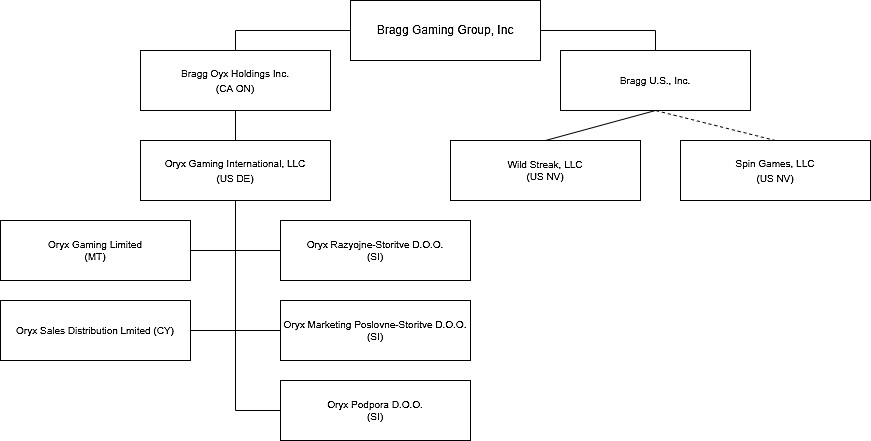implemented, the new ePrivacy Regulation is expected to alter rules on tracking technologies and significantly increase fining powers to the same levels as the GDPR. Also, other jurisdictions have also adopted regulations governing electronic marketing and the use of "cookies" and other tracking technologies, which may apply to the Company and could adversely impact the way the Company serves users or customers and advertises in these jurisdictions. The Company's efforts to comply with such legislation and regulations and/or protect personal information may be unsuccessful due to a variety of factors, including inadequate notification to users, insufficient internal documentation, software bugs or technical malfunctions, employee error or malfeasance.
The Company transmits and stores a large volume of data in the course of supporting its offerings. The interpretation of privacy and data protection laws and their application to the Internet is unclear and subject to rapid change in numerous jurisdictions. There is a risk that these laws may be interpreted and applied in a manner that is not consistent with the Company's data protection practices and results in additional compliance or changes in the Company's business practices, or both, and liability or sanction under these laws. In addition, because its offerings are accessible in many jurisdictions, the Company may be required to comply with local laws, even where the Company has no local operating entity, employees, infrastructure or other physical presence in those jurisdictions.
We have invested, and expect to continue to invest, significant resources to comply with the GDPR and other data privacy laws and regulations. Failure to meet any of the requirements of these laws and regulations could result in significant penalties or legal liability, adverse publicity and/or damage to our reputation, which could negatively affect our business, results of operations and financial condition.
In addition, the implication of this includes that various federal, state and foreign legislative or regulatory bodies may enact or adopt new or additional laws and regulations concerning data privacy, data retention, data transfer, and data protection. Such laws may further continue to restrict or dictate how we collect, maintain, combine and disseminate information and could have a material adverse effect on our business, results of operations, financial condition and prospects.
Changes in taxation rates or law, or misinterpretation of the law or any failure to manage tax risks adequately could result in increased charges, financial loss, including penalties and reputational damage, and which could have a material adverse effect on the Company's prospects, business, financial condition and results of operations.
End-users are located in a number of different jurisdictions. Revenues earned from end-users located in a particular jurisdiction may give rise to the imposition of direct, indirect or turnover taxes in that jurisdiction. In addition, as customers need to continue to obtain local licenses to enable them to target specific markets, they may be obliged to pay non-gaming local taxes too. This potentially could erode customers' margins for particular markets, which in turn may affect the financial viability of a specific market, and/or result in the customer wishing to renegotiate its arrangements with the Company.
If the Company is found to be, or one of the Company's subsidiaries is found to be, or to have been, a tax resident in any jurisdiction other than that in which it is incorporated or domiciled or to have a taxable permanent establishment or other taxable presence elsewhere, this may have a material adverse effect on the amount of tax payable by the Company. Furthermore, any change in the Company's tax status or in taxation legislation, practice or its interpretation could adversely affect the post-tax returns to shareholders.
With regard to regulated gaming activities, generally speaking, such activities will not only be subject to direct corporate taxation, but also indirect taxes and gaming duties. As the regulatory environment continues to develop, it is becoming clear that the taxation environment may become less favorable, as jurisdictions seek to impose their own regulation and taxation regimes on what was, traditionally, an offshore activity. As a consequence of an increased taxation burden affecting customers and/or Oryx, the Company may see a reduction in related revenue share or a pressure to re-negotiate with key customers.
The loss of a license or registration from one of the Company's customers may have a material adverse impact on the Company's operations, financial performance, and prospects.
The Licenses and Registrations and the gaming licenses of any of its customers may not be renewed or may be revoked for a variety of reasons, including the failure by the Company's directors, officers or senior management or significant shareholders or other investors to adequately comply with the suitability, information reporting or other requirements of licensing and regulatory
